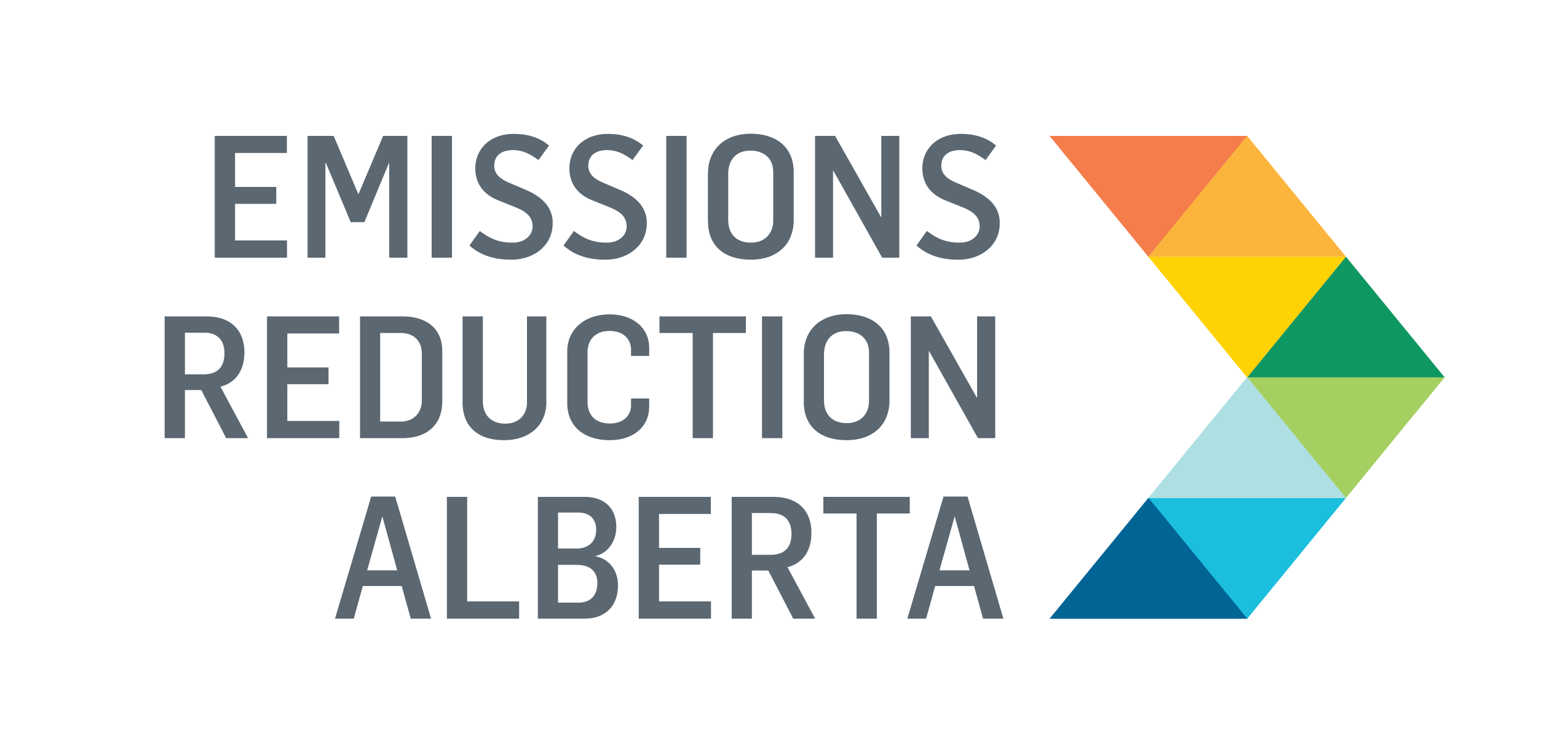Project Overview
Approved for funding through ERA’s Food, Farming, and Forestry Challenge in 2021, the project developed and demonstrated a genomics-enhanced whole herd genetic management platform for the beef industry. By completion in 2024, the platform successfully advanced, and now represents a valuable suite of genomic tools for the beef industry to select and breed cattle with improved profitability and a reduced environmental footprint.
Genomic Prediction Allows Producers to Maximize Genetics of Beef Cattle Herds
Agricultural emissions account for approximately 8.5 per cent of Canada’s total greenhouse gas (GHG) emissions, with cattle being one of the major contributors, accounting for 31 per cent of agricultural emissions. Feed efficiency and GHG emissions of cattle is partly determined by genetics, which includes individual genes passed down from the parents (genetic merit) and gene combinations of the parents that enhance performance, known as “retained hybrid vigour”. Higher retained hybrid vigour improves efficiency, and more efficient cattle consume less feed and produce less GHG emissions.
Researchers from Agriculture and Agri-Food Canada (AAFC), Alberta Agriculture and Forestry, and the University of Alberta have developed genomic prediction tools to utilize the genetic variations among cattle and address the opportunity to reduce GHG emissions through selective breeding. This allows beef producers to select for better genetic merit and breed cattle with optimized hybrid vigour to improve production efficiency.
Genomics-Enhanced Platform Successfully Developed for Industry Application
The project developed a genomics-enhanced Whole Herd Genetic Management Platform. The Platform consists of four key components: the genomic prediction reference data sets, genomic selection tools (genetic merit, traits, breed composition), a genomic analysis pipeline, and an end-user website interface to make the genomic tool accessible to the beef industry. The platform was demonstrated to the beef industry by genotyping over 10,000 beef cattle from participating beef producers, indicating strong industry interest. Based on the genotypes, the platform generated genomic values on genetic merit, several trait selection indexes, and retained hybrid vigour. The predicted genomic information was shared with the beef producers through a web portal, which enabled them to maximize the genetic potential of their herds by selecting and managing genetics to improve production efficiency.
The project developed a reliable genomic prediction on cattle’s breed composition, achieved significant advances in genomic prediction accuracy, and developed and refined a genomic prediction reference data set. The team refined a feeder profitability index and a replacement heifer profitability index, which validated genetic gains and economic benefits for producers. Additionally, the team developed a virtual sire mating system that enables producers to match bulls with heifers based on genotypes to maximize retained hybrid vigour. During the project, the team refined the platform to optimize cattle pipelines for genomic analysis.
What’s next?
By project completion, the team finalized and made the platform ready to be used by a service provider and will transfer the platform to Livestock Gentec, an Alberta Innovates Centre that brings the commercial benefits of genomics to the Canadian livestock industry. A genomic prediction data sharing agreement has been signed, and refined genomic prediction reference data sets have been transferred. Genomic prediction pipelines will be transferred, and members will be trained to run the genomic analyses. Further research efforts are required to continue calibrating the genomic prediction with additional data sets and more advanced genomic analysis methods.
